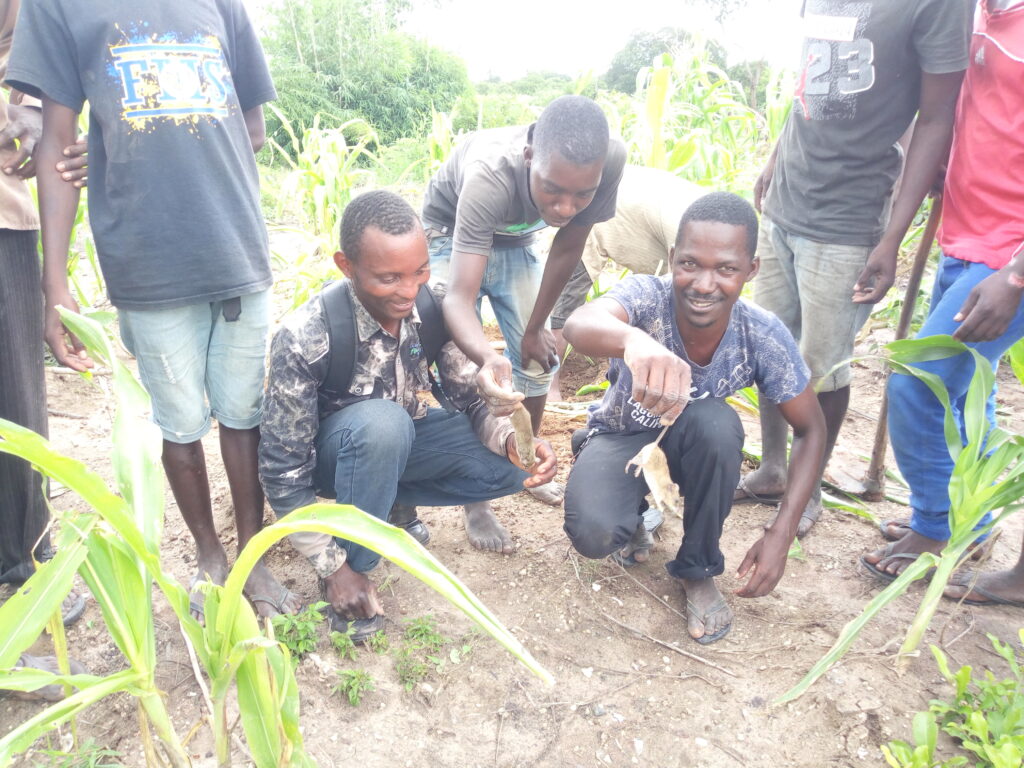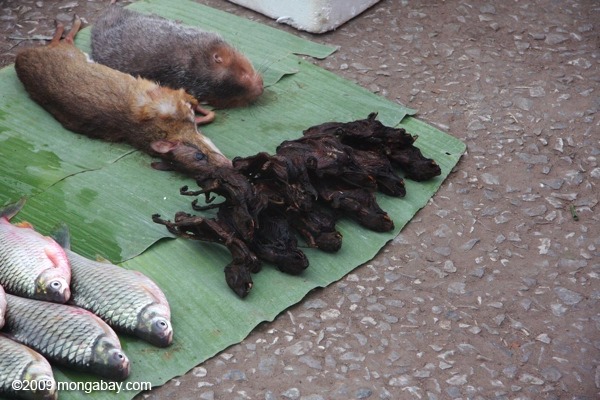Tanzanians warned against bushmeat consumption
Tanzanians should exercise caution when dealing with bush meat as there is considerable possibility of contracting zoonotic diseases which might lead to pandemic.
The warning was issued recently by experts during a webinar which brought together participants from East Africa Region.
Presentation made during the webinar show that wildlife borne diseases crossing to human was not unusual, noting the breakout and spread of diseases such as HIV, marbug, Ebola virus, monkeypox, simian foamy virus and rift valet fever as a recent cases of wildlife infections which have also affected humans.
Expert who spoke at the webinar cautioned that wildlife harbour zoonotic diseases pathogens with no clinical illness. Bushmeat hunting and processing places people in contact with wildlife blood and tissues and this increases the risk of disease transmission.
Tanzanians are at risk of contracting these diseases as recent research conducted across East Africa has established that considerable number of Tanzanians have nee consuming bush meat.
The survey showed that 83 percent of Tanzanians had consumed bush meat toping the East African countries of Uganda whose consumption of bushmeat stands at 78 percent and Kenya at 82 percent. The percentage of people who consumed bush meat more than once stood at 60 percent in Kenya, 57 percent in Tanzania and 64 percent in Uganda.
Researchers anticipate that as the world experiences growth in the human population, people will be compelled to start consuming bushmeat in a move that might lead to the next pandemic
“It is beyond no doubt that human population is increasing, and as the human population is increasing, it puts pressure on the ecosystem,” said Dr. Daniel Mdetele from Traffic International East Africa.
Dr Mdetele observed that as a result of this, frustration is getting worse and encroachment into protected area areas is increasing.
“Indeed, there’s a higher possibility of having other pandemics in the future,” he said. He maintained that the increasing consumption of bush meat, which has been linked to the spread of diseases, is likely to worsen matters.
“Wildlife harbour zoonotic disease pathogens with no clinical illness. Bush meat handling and processing put people in contact with wildlife blood and tissues and increases the risk of disease transmission,” he warned.
For his part, Wildlife and Protected areas manager WWF Uganda, Daniel Ndizihiwe, attributed the drivers of bush meat to include culture, increased demand for animal protein and limited alternatives, agricultural encroachment and livestock in protected areas, high poverty levels in communities near protected areas and minimal capacity to enforce the laws.
Kenneth Kimitei from Africa Wildlife Foundation Tsavo-Mkomazi landscape, said data recorded by eight scout units within the ecosystem showed an increase in bush meat poachers from April 2021 to September.
He said snares recovered increased between January and March 2021 up to June before declining in September.

Consumption of rat meat is common among certain tribes in southern regions of Lindi and Mtwara.
Consumption of bush meat in East Africa
A six-month survey conducted in Kenya, Uganda and Tanzania between November 2020 and May 2021 showed that the consumption of bush meat is widespread.
In Kenya, the survey took place in Laikipia conservancies, Maasai Mara Reserve, Tsavo National Park, Voi, Nairobi and Narok.
During the study period, 60 percent of Kenyans said bush meat was available anytime on demand, 17 percent was available weekly, and 12 percent said bush meat was available once or a few times a month.
Unlike in the past, where mainly elephants, rhinoceros and a handful of other majestic mammals were primary targets, the tact has changed as poachers now have a big appetite for bushmeat, which earns them quick money and food.



Thanks for sharing. I read many of your blog posts, cool, your blog is very good.